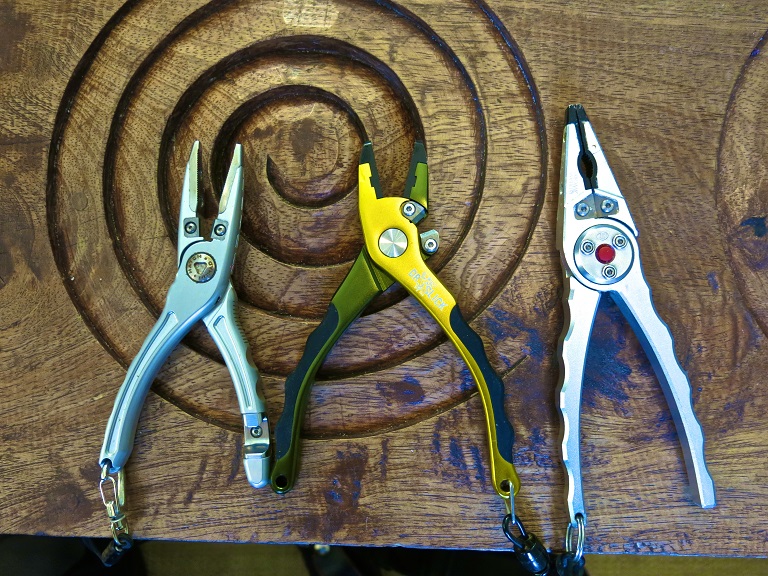Contents
One thing that’s definitely a big deal for devoted fishermen is taking their pliers without asking and on top of it all – using them improperly. I learned that the hard way, after making my dad so mad that he stopped talking to me for a whole week! I couldn’t believe a pair of pliers could be so important to a man. That is, until I started fishing myself and started using different types of pliers to do it as professionally as possible.
Pliers are important for fishermen. We use them for tuning the pull direction, for cutting and crimping and other areas of fishing where a good fishing plier can find its most effective use. So if you’re on the beginning of your fishing adventure, or you haven’t been using pliers and your fishing tactics was everything but easy and enjoyable, go through these three steps on how to choose suitable pliers for your needs.

Highly Important: Structural Integrity in Saltwater
Saltwater can do a lot of damage to metal. If not cleaned from the salt, some types of metal that have been drowned in salt water would be useless after some time, because of the layer of corrosion. Metals corrode rather easy when in salt water, and any blade that has been in it is useless afterwards. You can try to clean it but it simply won’t be the same afterwards. What you can do to prevent this in the first place, is to choose an aluminum fishing plier which as the name says, is made of aluminium. This metal is corrosion-resistant and it’s very easy to machine it since its properties for anodizing it are widely well-known.
Next Thing: Cutters and Jaws
Aluminium is a great metal – very rigid and lightweight. But it’s also soft in composition, which is kind of a disadvantage when it comes to the degree of effectiveness of the jaws. For good, strong and durable jaws, manufacturers of pliers turn to another material: stainless steel. Stainless steel can be heat-treated with as much as 60R (R stands for the Rockwell scale for hardness). That way they can be designed as very effective knife blades and when they’re coated with a Teflon impregnation, the combination results in a very effective blade that doesn’t corrode much.
Finally, Some Comfort
It’s not just to say that you own the pliers and have them in your fishing tool box – you actually need to use them as much as possible, since you bought them to serve you on your fishing adventure. And if you don’t use them, that would normally suggest they aren’t really comfortable to use. Pliers that are comfortable for use have good, strong handles which have two lanyard holes for added security. Also, there would be a spring made of durable material such as stainless steel, and a locking mechanism to provide more safety and protect the pliers from damage. Make sure to choose the right size as this is a crucial factor for comfortably handling the pliers.

